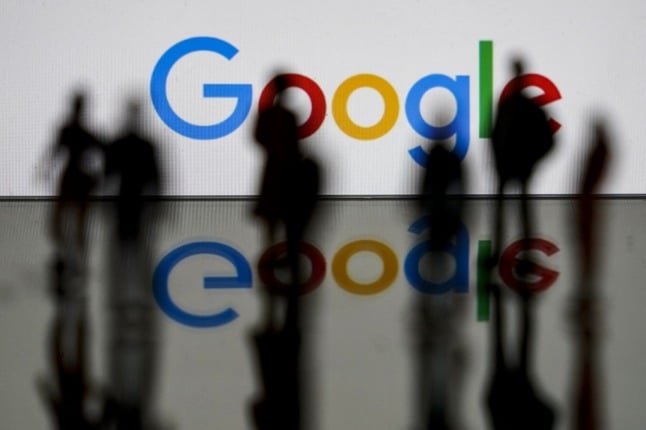The contract, which was published on the ministry’s website yesterday as DR announced implementation of budget cuts including up to 400 job losses, will be the basis for significant changes at the broadcaster in coming years.
In the 20-page agreement, smaller details as to what DR will and will not be allowed to do are also given.
These include a restriction on publishing long-form written journalism on its website as well as demands on content.
The new contract states that DR’s programming must make it clear that “(Danish) society is based on democracy and has its roots in Christianity”.
A sentence from the previous contract, stipulating that DR “must work for the promotion of integration in Danish society” has, meanwhile, been cut from the new agreement, replaced with a different line which says that “DR must work to promote a Denmark based on community, built on values of democracy, equality and free speech”.
Those changes can be traced to the influence of the anti-immigration Danish People’s Party (DF), according to the party’s own media spokesperson Morten Marinus, who spoke to newspaper Politiken on Tuesday.
The government passed the bill providing for the new media contract with the parliamentary support of DF earlier this year.
“This is a tightening-up we have had put in relative to the previous wording, which only obliged DR to particularly recognise Christian cultural legacy. We felt that was too weak. That’s why we demanded this specification, which makes it clear that DR must present Christian cultural heritage to a greater degree,” Marinus told the newspaper.
Marinus also said that DR had “misused” the statement relating to integration in the previous agreement, citing an event held by the broadcaster in 2017 to mark Eid, the celebration that marks the end of the Islamic holy month of Ramadan.
“DR must still work to promote integration, but they have also misused the interpretation of it, because they hosted an Eid celebration. DR should not be the co-organiser of an Eid celebration. We don’t think that’s part of the public service remit,” he told Politiken.
News and programmes about good and bad integration should continue to be part of DR’s output, he added.
Opposition parties have criticised the wording of the new agreement and noted DF's sway over it.
“The DF influence is clear (on the contract) and I think it is an incorrect prioritisation of conservative values. It’s another step towards a political agenda that does not want to integrate people,” Jacob Mark, media spokesperson with the Socialist People’s Party, told Politiken.
“This is alarming because the wording is exclusionary in a diverse society like Denmark. Danish society is built on Christian values, but also just as much on free speech and diversity,” Marianne Jelved, media spokesperson with the Social Liberal (Radikale Venstre) party, said to the newspaper.
READ ALSO: What next for broadcaster DR after far-reaching cuts?



 Please whitelist us to continue reading.
Please whitelist us to continue reading.